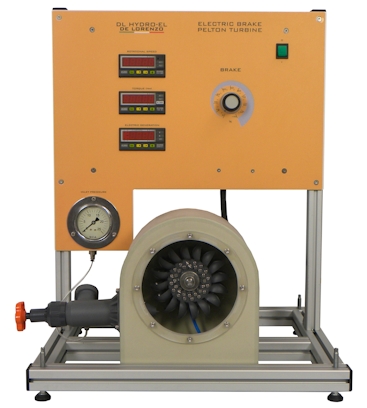RENEWABLE ENERGIES Training Systems
RENEWABLE ENERGIES Training Systems
Renewable energies are the sources of energy based on the use of natural resources: sun, wind, water or plant or animal biomass. They are characterized by not using fossil fuels, but natural resources capable of unlimited renewal. One of their strengths is that they have a very low environmental impact, because in addition to not using finite resources, they do not generate pollutants. With our didactic systems we enable the technician, engineer and specialist in renewable energy, to develop professional skills in the formulation of renewable energy projects through energy diagnostics, establish savings systems, design of innovative solutions and quality of electricity, studies of the natural resources of the environment, to contribute to sustainable development and the rational and efficient use of energy in order to improve the competitiveness of the company where they work and contribute to the sustainable development of the region. With our equipment, teachers will be able to develop skills in Basic Studies, Energy Efficiency, Solar Thermal, Micro Grid, Power Plants, Smart Grid, to name a few. With this proposal, De Lorenzo seeks to improve, enrich, and develop cognitive and social processes in terms of professional competencies made up of knowledge, skills and attitudes for a comprehensive training of the student.
BASIC INTRODUCTION SYSTEMS Training Systems
Expansion in the use of alternative energies requires a basic knowledge in order to acquire tools and skills that allow the study, planning, design, simulation of clean energy generation systems. The basic instruction kits for renewable energies form a preparatory course that introduces the student to the different sources of renewable energy and the physical phenomena that allow its conversion for use and exploitation. Each kit consists of discrete elements and accessories for the study of each renewable energy source in a classroom and has theory and practices that allow students to learn gradually and gives teachers tools to plan courses on solar photovoltaic, solar thermal, wind, fuel cells and hybrid systems.
SOLAR-WIND-FUEL CELLS ENERGY TRAINER
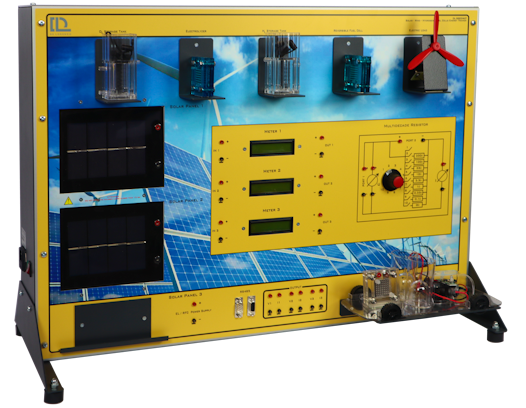
DL GREENKIT
KIT FOR THE STUDY OF PHOTOVOLTAIC SOLAR ENERGY
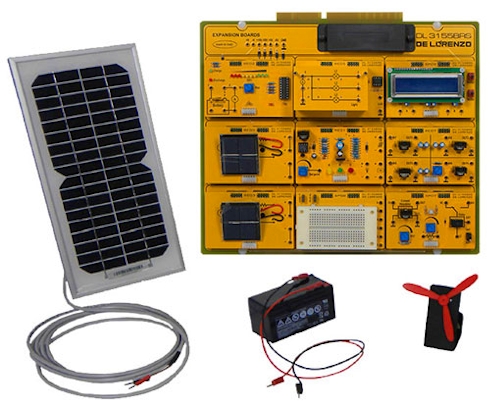
DL 3155BRS-PSE
WIND ENERGY
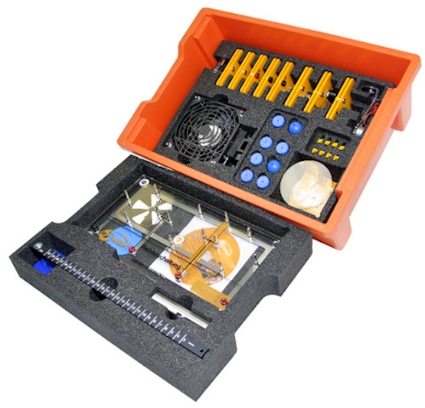
DL WIND-L
SOLAR PHOTOVOLTAIC ENERGY
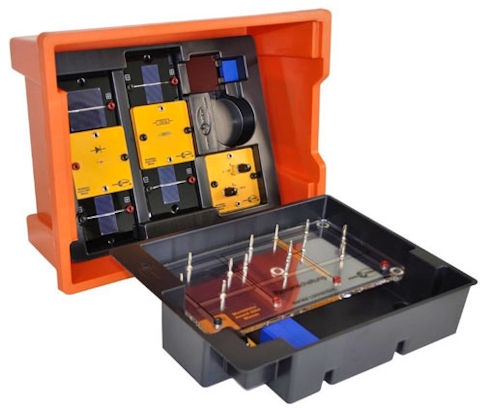
DL SOLAR-L
THERMAL ENERGY
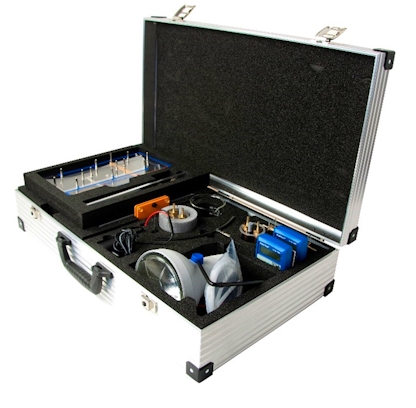
DL THERMO-L
H2 ENERGY
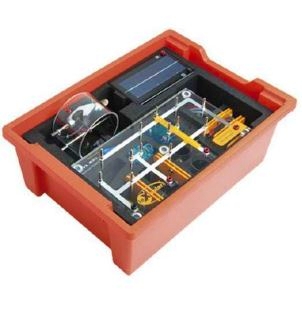
DL HYDROGEN-L
ENERGY EFFICIENCY Training Systems
The efficient use of energy or energy saving is intended to reduce the amount of energy required to provide products and services. An appliance, process or installation is energy efficient when it consumes less than the average amount of energy to perform an activity. An efficient person, service or product committed to the environment, in addition to needing less energy to do the same work, also seeks to stock up, if not completely, with as much renewable energy as possible. With our didactic systems, students will be able to deepen and expand the knowledge and skills required by technical and professional practice, to analyze and contribute to solving problems related to energy efficiency, by acquiring theoretical knowledge and skills that give the student an insight into these fields.
ENERGY EFFICIENCY AIR COMPRESSOR TRAINER
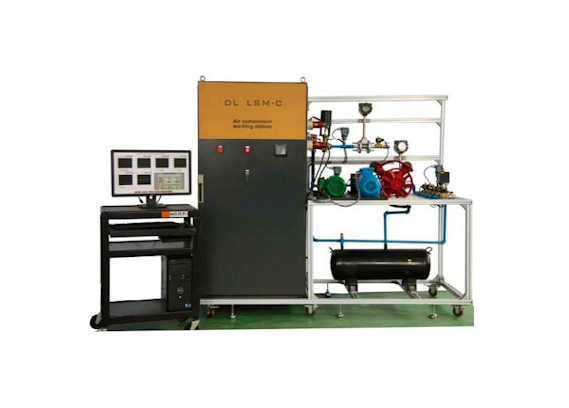
DL LSM-C
SINGLE STAGE COMPRESSOR
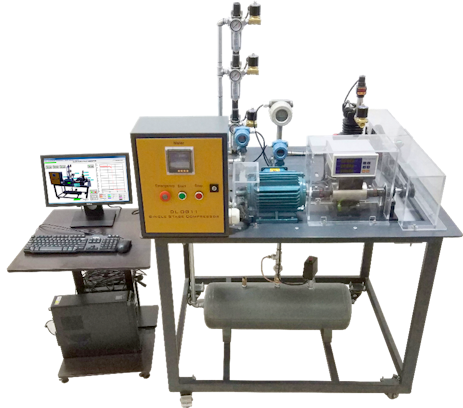
DL OG11
ENERGY EFFICIENCY AIR CONDITIONER/FAN TRAINER
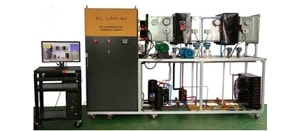
DL LSM-AV
SOLAR PHOTOVOLTAIC Training Systems
A solar photovoltaic system (PV system) is a power system designed to supply usable solar power by means of photovoltaics; it converts sunlight or solar radiation into direct current electricity by using semiconductors. To allow users of different preparation to study this system in its variants, De Lorenzo has developed a large number of trainers that deal with it for basic, medium and high levels. For the basic level, a case has been designed containing the necessary modules to learn the first steps of this technology. For the medium level, there are different types that can satisfy both the technicians (a kit based on sub-modules) and the installers (installation kit or compact mobile structure). For the high level, also here different configurations are proposed such as solar position tracker system, off-grid and on-grid with option a light simulator in order to irradiate the solar panel in indoor places; this latter category is also supplied complete with software for data acquisition and processing. For off-grid and on-grid systems, it is also possible to replace the standard solar panel with a solar tracking panel and monitor its meaningful parameters comparing them with the expected optimal setting according to the actual sun position. Who is more interested with a simulation of solar and thermal panels with the aid of a dedicated software, he can also find here what he needs such as a simulator module. They are dedicated to schools, high schools and first years of university according to the level.
SOLAR POSITION TRACKING SYSTEM
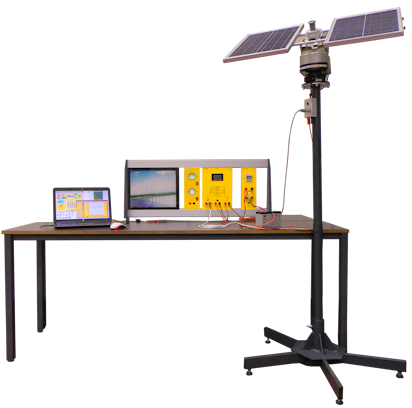
DL SUN-TRACKER
SOLAR ENERGY MODULAR TRAINER
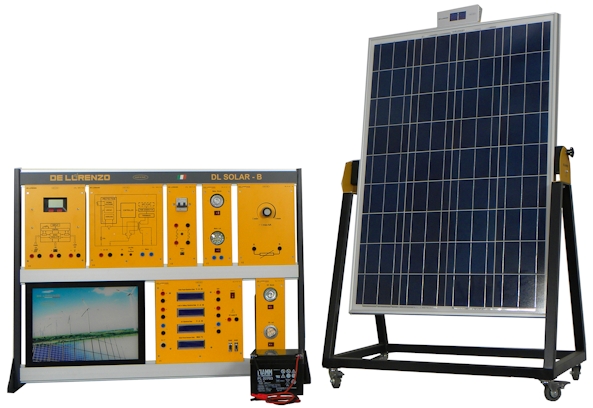
DL SOLAR-B
SOLAR ENERGY MODULAR TRAINER WITH CONNECTION TO MAINS
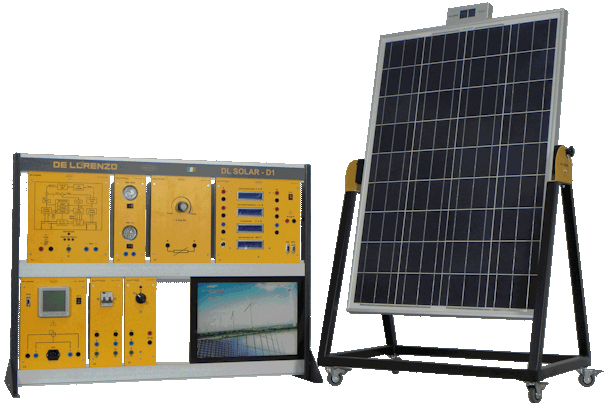
DL SOLAR-D1
PHOTOVOLTAIC SOLAR PANEL MEASUREMENT TRAINER
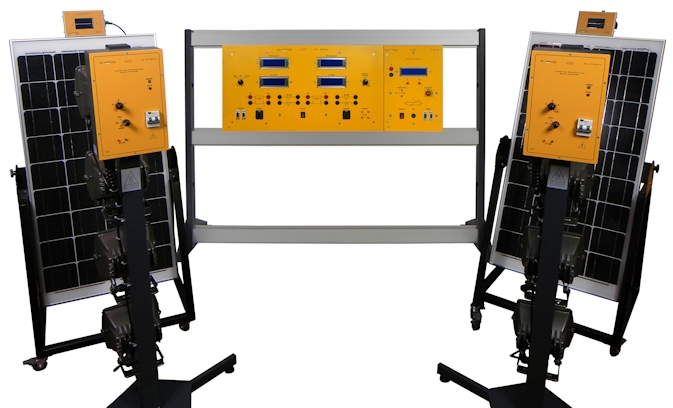
DL SOLAR-PV
PHOTOVOLTAIC SOLAR ENERGY ADVANCED TRAINER
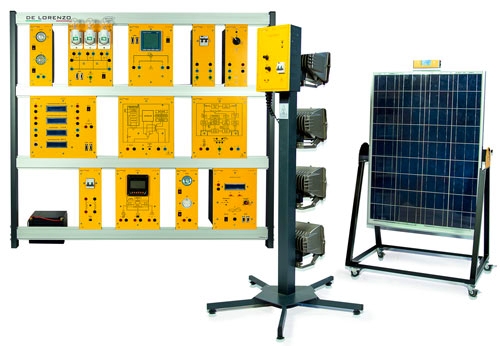
DL SOLAR-AT
ON-GRID SOLAR ENERGY WITH STORAGE
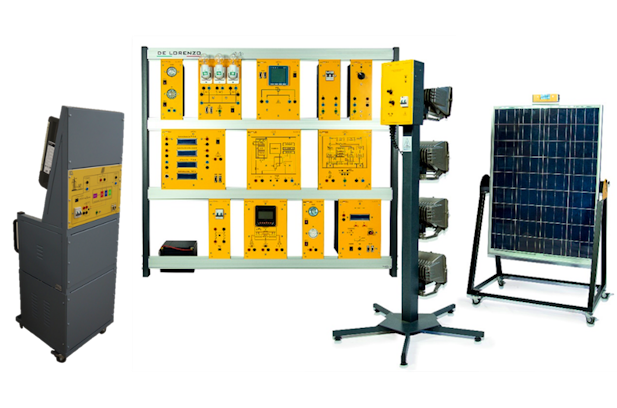
DL SOLAR-GTS
WIND Training Systems
Wind energy captures the natural wind and converts the air’s motion into mechanical energy usually for electricity production and this mechanism is referred to a wind-electric turbine. The turbine blades are normally designed to capture the kinetic energy in wind and when start moving, they spin a shaft that leads from the hub of the rotor to a generator that turns the rotational energy into electricity. Here also De Lorenzo has developed many trainers of different levels and one in particular is aimed to a very high level that takes into account the operations of doubly fed induction generator (DFIG) and the fault ride through complete with SCADA software. For the basic level, a case containing the necessary modules has been designed to learn the first steps of this technology. For the medium level, a hybrid trainer can satisfy both the technicians and the installers (a kit based on sub-modules for solar and wind at the same time). For the high level, different configurations are proposed such as off-grid and on-grid with drive motor (DC or stepper) for indoor use and a trainer tunnel where it is possible to change the flow of the air that reaches the wind turbine performing experiments with or without load. This latter level is also supplied complete with software for data acquisition and processing.They are dedicated to schools, high schools and first years of university according to the level.
WIND ENERGY TRAINER WITH BATTERY CHARGE REGULATOR AND BATTERY
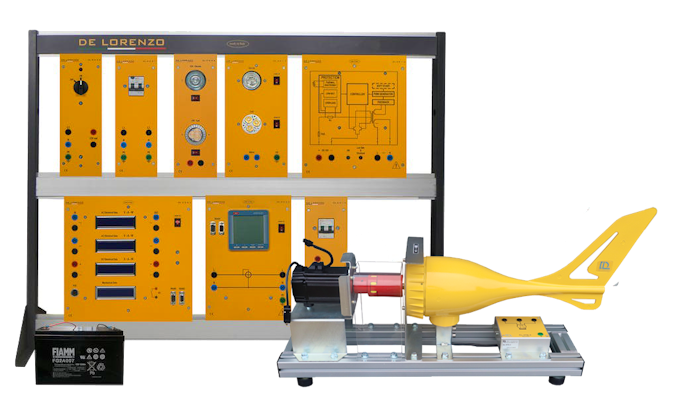
DL WIND-OG
WIND ENERGY TRAINER WITH CONNECTION TO MAINS
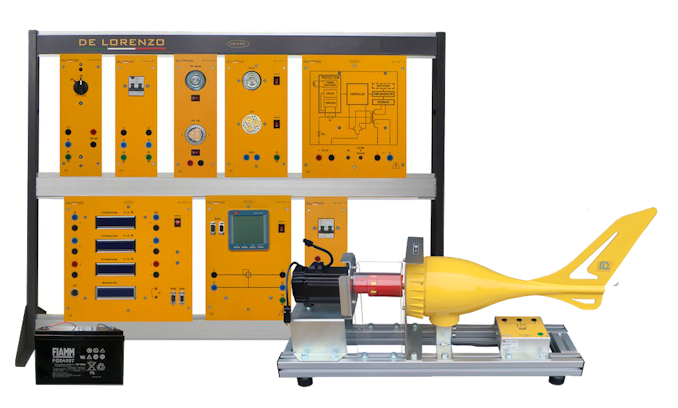
DL WIND-GT
WIND ENERGY ADVANCED TRAINER
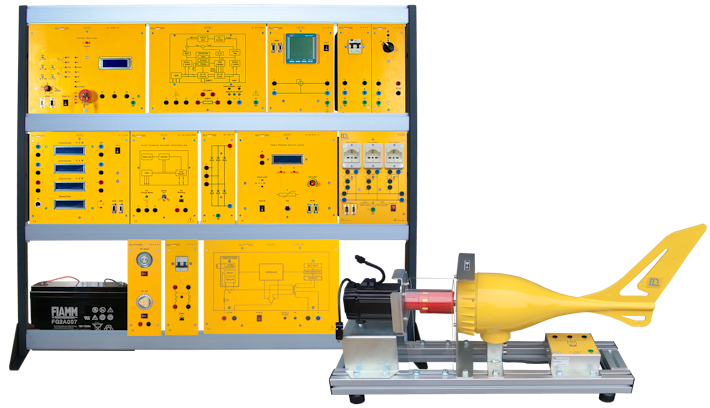
DL WIND-A2
MICRO-GRID WIND TURBINE TRAINER
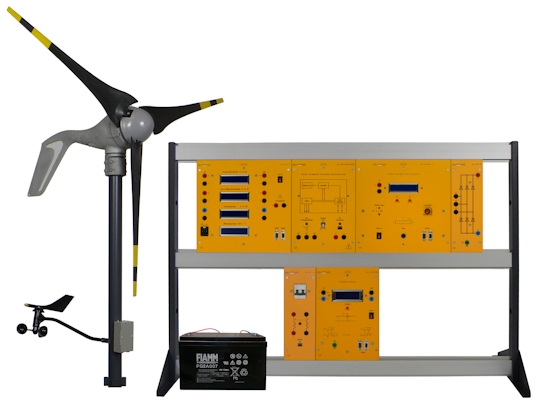
DL WIND-WT
WIND POWER TRAINER WITH WIND TUNNEL
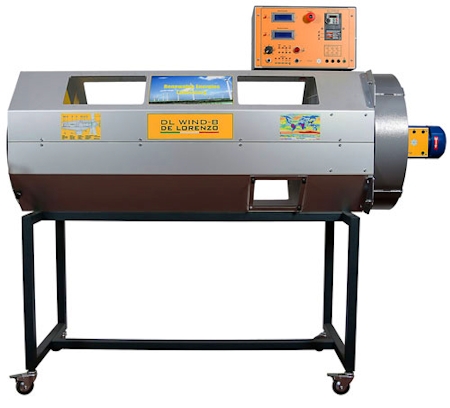
DL WIND-B
SAVONIUS TURBINE
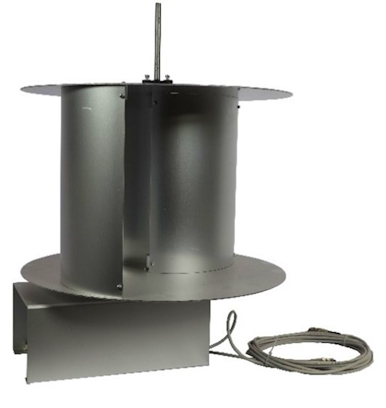
DL VAWT
GIROMILL TURBINE
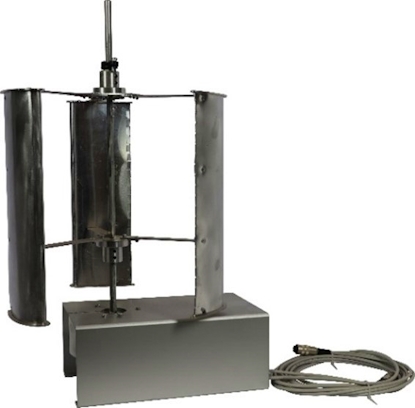
DL GMLL
MoSOLAR PHOTOVOLTAIC Training Systemsre Info
A solar photovoltaic system (PV system) is a power system designed to supply usable solar power by means of photovoltaics; it converts sunlight or solar radiation into direct current electricity by using semiconductors. To allow users of different preparation to study this system in its variants, De Lorenzo has developed a large number of trainers that deal with it for basic, medium and high levels. For the basic level, a case has been designed containing the necessary modules to learn the first steps of this technology. For the medium level, there are different types that can satisfy both the technicians (a kit based on sub-modules) and the installers (installation kit or compact mobile structure). For the high level, also here different configurations are proposed such as solar position tracker system, off-grid and on-grid with option a light simulator in order to irradiate the solar panel in indoor places; this latter category is also supplied complete with software for data acquisition and processing. For off-grid and on-grid systems, it is also possible to replace the standard solar panel with a solar tracking panel and monitor its meaningful parameters comparing them with the expected optimal setting according to the actual sun position. Who is more interested with a simulation of solar and thermal panels with the aid of a dedicated software, he can also find here what he needs such as a simulator module. They are dedicated to schools, high schools and first years of university according to the level.
SOLAR POSITION TRACKING SYSTEM

DL SUN-TRACKER
SOLAR ENERGY MODULAR TRAINER

DL SOLAR-B
SOLAR ENERGY MODULAR TRAINER WITH CONNECTION TO MAINS

DL SOLAR-D1
PHOTOVOLTAIC SOLAR PANEL MEASUREMENT TRAINER

DL SOLAR-PV
PHOTOVOLTAIC SOLAR ENERGY ADVANCED TRAINER

DL SOLAR-AT
ON-GRID SOLAR ENERGY WITH STORAGE

DL SOLAR-GTS
FUEL CELL Training Systems
Fuel cells are devices that produce electricity by a chemical reaction taking place at the electrodes (anode and cathode). Hydrogen is the basic fuel but the fuel cells also require oxygen. They generate electricity with very little pollution; much of the hydrogen and oxygen used in the generating electricity combine to form a harmless byproduct (water). A fuel cell provides a DC voltage that can be used to power motors, lights or any number of electrical appliances. For this field, De Lorenzo provides different trainers. A basic kit, to study the principles and the operation of PEM full cells, is available to be used in physics and chemistry classes as well as in technology classes. Two other trainers, for medium and high levels, can be chosen to study in depth this technology. For the medium level, the Solid Oxide Electrolyser Cell (SOEC) is energized by a solar panel to produce hydrogen and oxygen and the high level’s trainer is supplied with a hydrogen canister (with hydrogen already stored), sensors and PEM fuel cell, of a certain power, to analyze in detail its performance. For the latter trainer and to load the canister, a hydrogen generator is available as an option. These last are also supplied complete with software for data acquisition and processing. They are dedicated to schools, high schools and first years of university according to the level.
HYDROGEN FUEL CELLS TRAINER
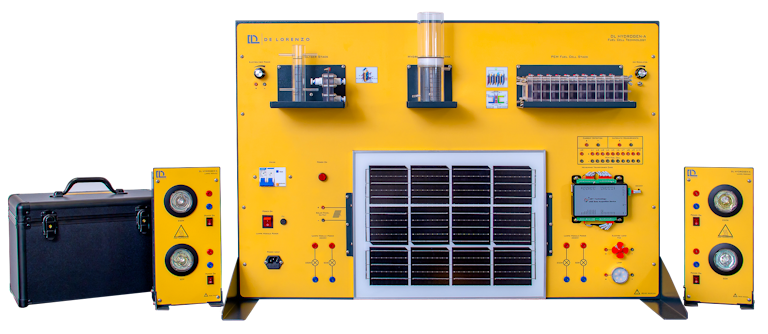
DL HYDROGEN-A
FUEL CELLS SYSTEMS TRAINER
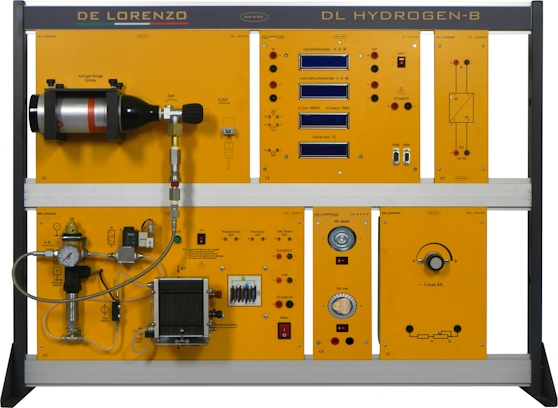
DL HYDROGEN-B
HYDROGEN GENERATOR
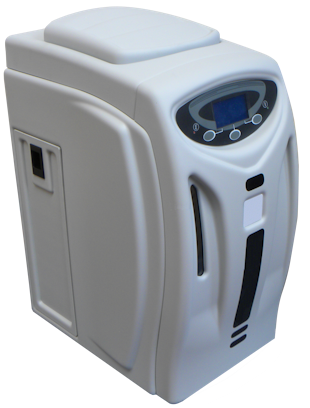
DL HYGEN
HYBRID SYSTEMS Training Systems
Hybrid renewable energy systems are becoming popular as stand-alone power systems (off-grid, not connected to any electricity distribution system) for providing electricity in remote areas due to advances in renewable energy technologies. A hybrid energy system usually consists of two or more renewable energy sources used together to provide increased system efficiency as well as greater balance in energy supply. For the times when neither the wind nor the solar system are producing, most hybrid systems provide power through batteries and/or an engine generator powered by conventional fuels, such as diesel. De Lorenzo provides for this category two systems and each with variations to give the final user the possibility to choose the one he likes most. Off-grid and On-grid hybrid systems with DC motor kit or stepper motor kit for indoor use of the wind turbine with option a light simulator to irradiate the solar panels in case of indoor places. For those systems, it is also possible to replace the standard solar panel with a solar tracking panel and monitor its meaningful parameters comparing them with the expected optimal setting according to the actual sun position. Another big system where, for the two inverters, one acts as master and one as slave to create a connection between the two outputs that operate as a single line with double available power. All these trainers are supplied with software for data acquisition and processing. They are recommended for high schools and first years of university.
SOLAR/WIND ENERGY MODULAR TRAINER
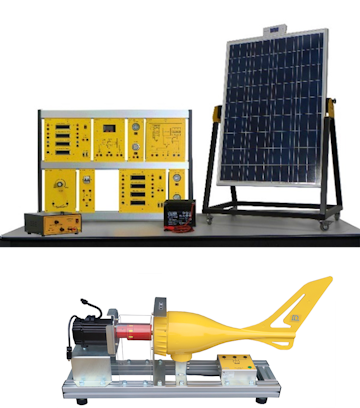
DL SUNWIND-OG
SOLAR/WIND ENERGY TRAINER WITH CONNECTION TO MAINS
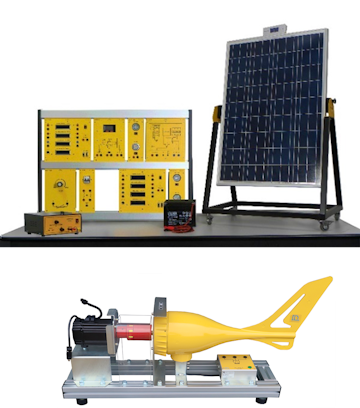
DL SUNWIND-GT
SOLAR/WIND ENERGY ADVANCED TRAINER
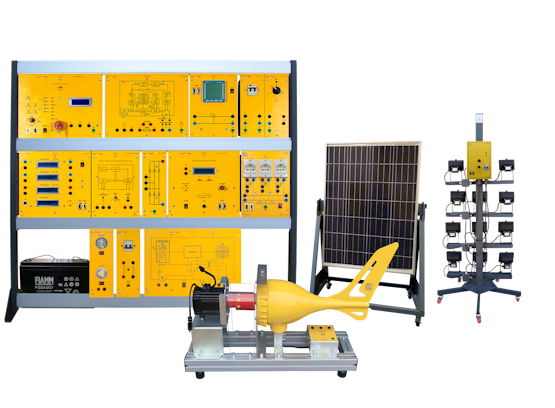
DL SUNWIND-A2
HYBRID SOLAR / WIND ENERGY TRAINER
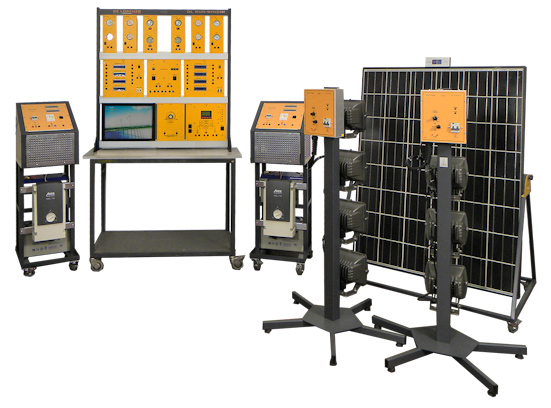
DL SUNWIND-24V3
SOLAR THERMAL Training Systems
Solar thermal energy is the use of energy from the Sun to transfer it to a heat carrier medium, usually water or air. It is a renewable, sustainable, and environmentally friendly energy. This form of energy generation can be applied in homes and domestic facilities, but also in large solar thermal power plants. Among the different applications of this renewable energy source, there is the possibility of heating water for sanitary use in order to reduce gas consumption. The didactic systems that we offer at De Lorenzo aim for the student to know and understand the operation of thermal-solar devices, their control and the way to carry out a correct design of their installation, as well as to know the accessories and methods of assembly and design of their installation, accompanied by diagrams.
SOLAR THERMAL ENERGY TRAINER
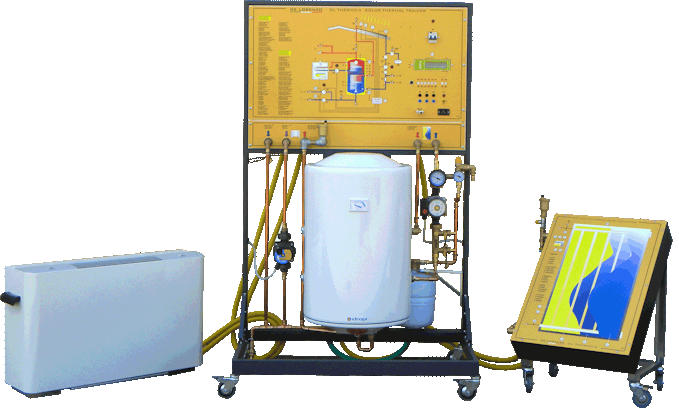
DL THERMO-A1
SOLAR THERMAL ENERGY TRAINER
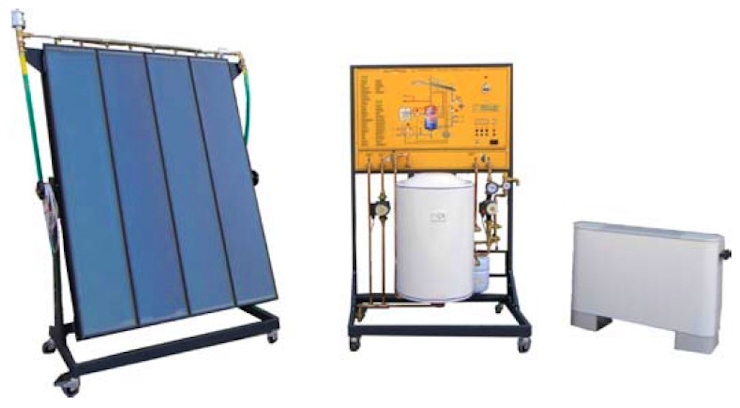
DL THERMO-A2
SOLAR THERMAL ENERGY TRAINER
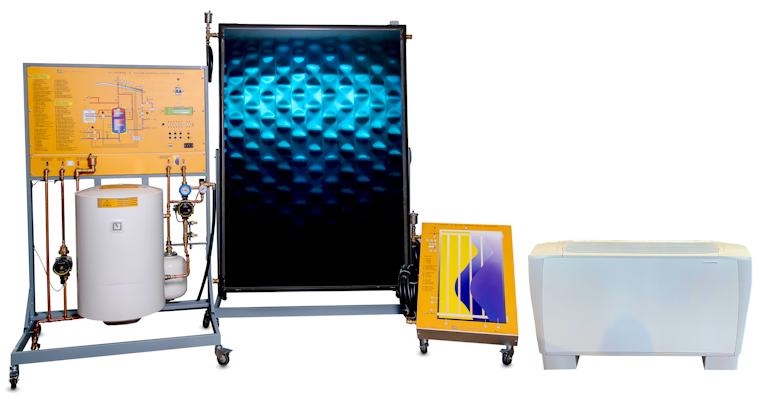
DL THERMO-A12
SOLAR THERMAL ENERGY TRAINER
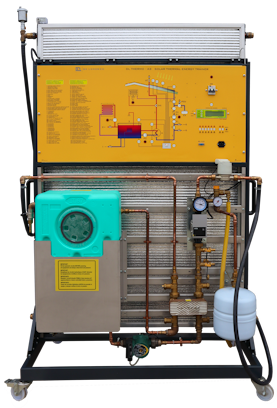
DL THERMO-A3
PHOTOVOLTAIC AND THERMAL PANELS
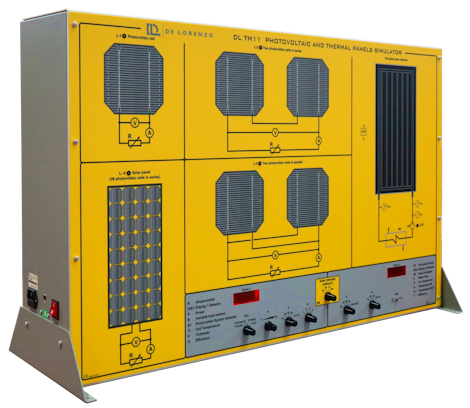
DL TM11
SOLAR THERMAL HOME PLANT SIMULATOR
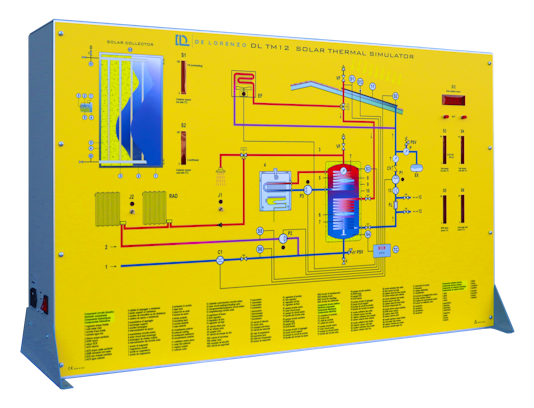
DL TM12
POWER PLANTS Training Systems
The generation of electrical energy consists of transforming a type of energy (chemical, kinetic, thermal, light, nuclear, solar, among others), into electrical energy. For industrial generation, facilities called power plants are used, which carry out some of the aforementioned transformations. These constitute the first step of the power supply system. As energy consumption will continue to increase in the years to come, efficient power generation is a vital component for reliable and environmentally friendly energy systems. Energy markets around the world are demanding more and more from their participants, supplying energy at lower and lower costs or guaranteeing supply under adverse conditions.
WIND POWER PLANTS
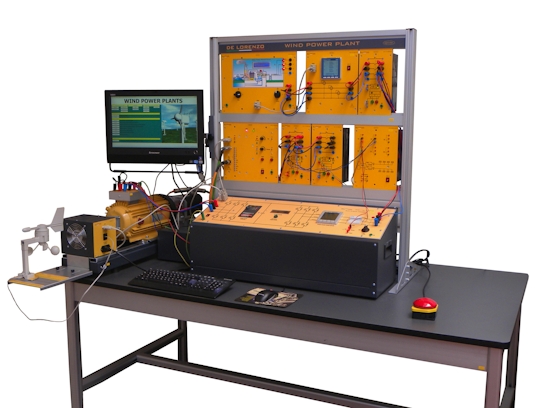
DL WPP
SOLAR POWER PLANT
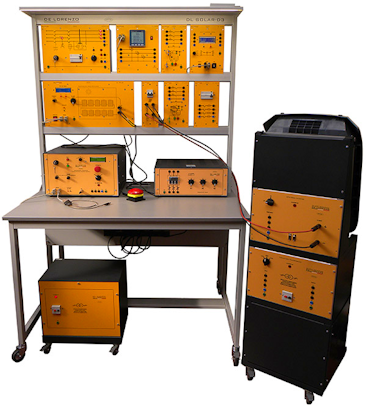
DL SPP
HYDROELECTRIC POWER TRAINER
